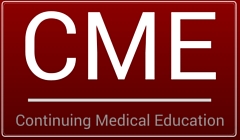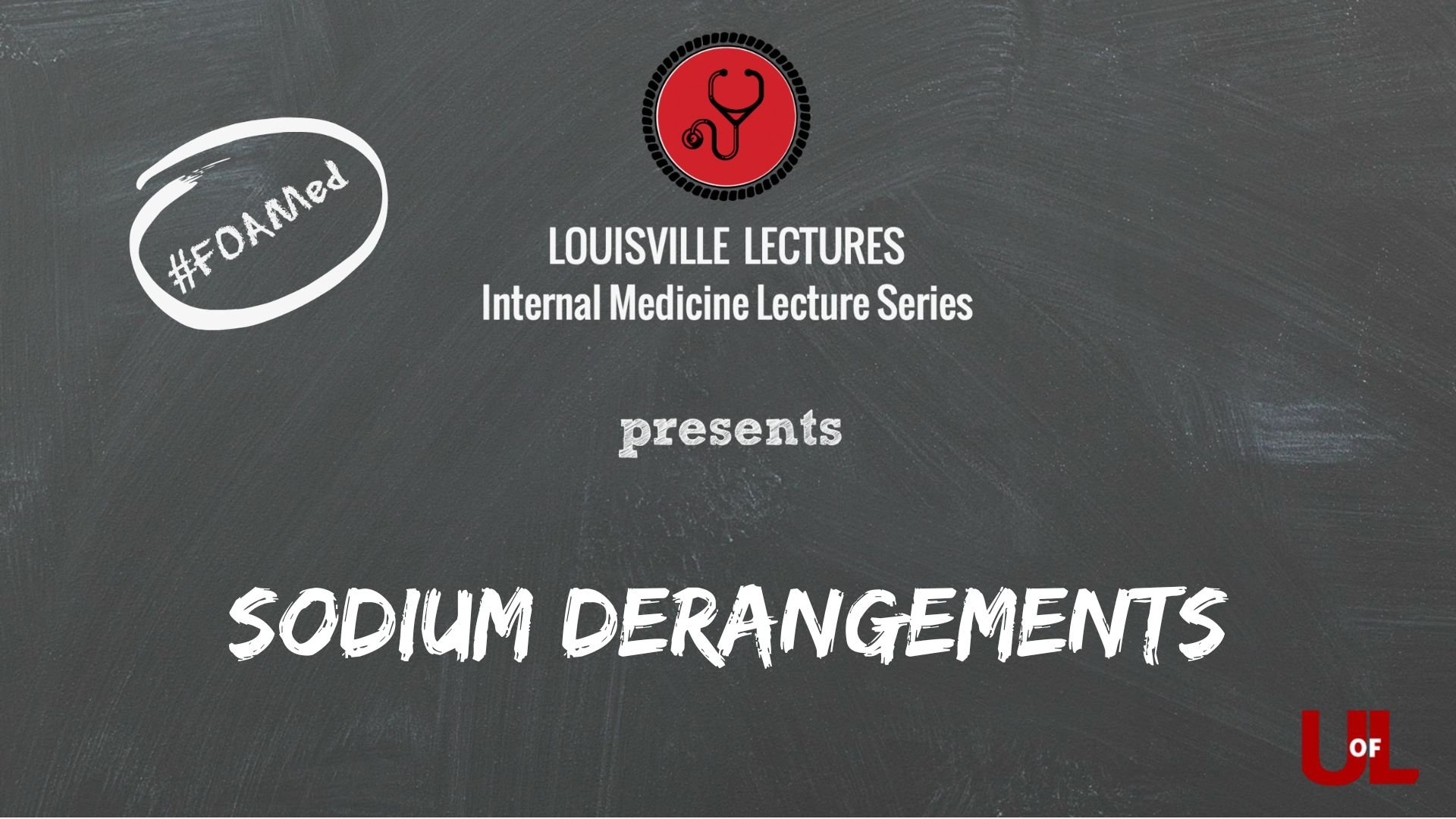Taking the Complication out of Chemotherapy by Dr. Maxwell M. Krem
Dr. Krem presents this lecture by first describing chemotherapy indications and which patients should receive chemotherapy. He then explains common toxicities and their treatments along with drug-specific toxicities.
- Watch the Video on YouTube
- Watch a CME Accredited Lecture
- Watch more lectures about Critical Care
'Chemotherapy and Complications' Notes
In this lecture, Dr. Krem gives an overview on the options for chemotherapy and how to manage complications arising from its use. The lecture walks us through the vital aspects of patient selection and routes of administration but also focuses specifically on the various toxicities using a case based approach. While chemotherapy is a vast subject, as internists it is important to recognize the ways to deal with the most commonly seen adverse effects.
Highlights
- Not all patients are suited to withstand chemotherapy
- Some adverse effects from chemotherapy can be anticipated and pre-treated
- Thinking through the mechanism of toxicity allows one to tailor pharmacotherapy effectively
- Drugs used to treat toxicity can precipitate their own toxicities
Outline
- Intent of chemotherapy
- Patient selection
- Routes of delivery
- Toxicity
o Nausea
o Mucositis
o Hypersensitivity reactions
o Tumor lysis syndrome
o Cancer related anemia
o Neutropenic fever - Agent specific toxicities: Platins, vincristine, anthracyclines
Reference
1. McQuade RM, Stojanovska V, Abalo R, Bornstein JC, Nurgali K. Chemotherapy-Induced Constipation and Diarrhea: Pathophysiology, Current and Emerging Treatments. Front Pharmacol. 2016 Nov 3;7:414. eCollection 2016.
https://www.ncbi.nlm.nih.gov/pubmed/27857691
Dr. Maxwell M. Krem, MD, Ph.D.
Dr. Maxwell Krem is a medical oncologist who sees patients with hematologic malignancies at James Graham Brown Cancer Center (JGBCC), University of Louisville School of Medicine. His primary specialty is bone marrow transplantation. Dr. Krem recalls an experience he had as a young person when his grandfather had cancer. “I saw a lack of bedside manner and a lack of sensitivity,” he says, adding “It really made a big impression on me... I knew I could do better so I’ve tried to develop a humanistic approach in my rapport with patients and their families. I try to be a source of support, whatever the outcome.”
Some items in this lecture may have come from the lecturer’s personal academic files or have been cited in-line or at the end of the lecture. For more information, see our citation page.
Disclaimers
©2015 LouisvilleLectures.org














Audry Hawkins is back to discuss antimicrobial stewardship in pneumonia. She starts with comparing differences in guidelines and recent primary literature on empiric treatment of pneumonia. Hawkins then evaluates appropriate empiric step-down therapy and durations and after, discusses the nuances in guideline recommendations for pneumonia.